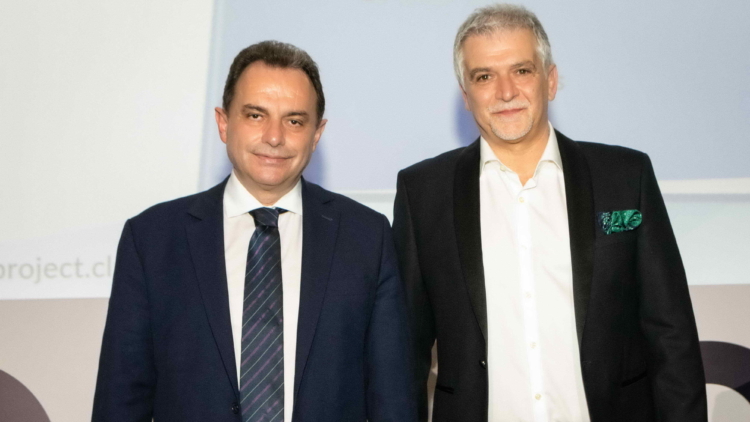Star Trek or Mad Max future for Agriculture?
Will a child born today be able to live in his/her country 50 years later, or will the climate crisis have hit countries to such an extent that it will have caused massive changes in society and global upheavals that we see in science fiction films? Her /His future will be a ‘star trek’ or a ‘mad max’ image? We are heading towards the desertification of countries and to what extent? Where do they begin, where do collective decisions continue and where does individual responsibility begin?
There are three main variables in the debates at the globe on saving our planet:
- the size of consumption worldwide
- the size of the world’s population and
- the pattern of human nutrition
For many years CLIMATE CHANGE was considered a distant risk that few believed would come at all. Today’s rhythms usually erase the thoughts to future demands, and we have come to focus on today’s urgent risks. The accumulation of large debts of countries, the continuous fiscal deficits, the great inequality of wealth in relation to poverty, education and health systems, the integration of new technologies, investment, and anaemic development, etc. it is a reality that has made necessary and difficult hierarchies and for resources to concentrate on precisely these problems.
But what price to pay to still downplay the challenge of climate change will be exponential and based on the perceptions we maintain, our behaviours and our ignorance. Even today, there are perceptions that climate change is the theory of some ulterior motives of people who like to create confederations for their own benefits.
Agriculture contributes to climate change (e.g. it is responsible for 10% of greenhouse gas emissions in the EU) but is also affected by it (e.g. extreme weather events, rising temperatures, reduction of water availability, etc., which lead to a reduction in productivity and yields by extension). To tackle climate change, the EU needs to reduce greenhouse gas emissions from agriculture and adapt its food production system. In the face of growing global demand and competition for resources, the production and consumption of food in the EU must be seen in a broader context linking agriculture and food security. Therefore, the agricultural sector should make adaptation to climate change one of the top priorities to improve its resilience to extreme events such as drought, heat waves and floods.
There are many mechanisms that nature hides and which we are slowly discovering. Thermal change affects natural phenomena, extreme events are exacerbated in a non-linear manner an, now, we must seize the opportunity that new, green agriculture gives us for our own mental and biological evolution.
The economic impact of extreme weather conditions, have already been felt in agricultural sector and the market is already suffering economically from these extreme weather conditions which will be multiplied in short term i.e. unusual temperatures and precipitation are damaging crops while water resources are stressed by drought or polluted by algae blooms and wildfires etc.
Therefore, the question is: does today’s agriculture contribute to the magnitude of the problem or at the same time it is a victim of a perverse strategy? The new agriculture of tomorrow, supported by new technologies and policies, is expected to ensure the adjustments needed to avoid harming agricultural production and to contribute decisively to the solution of the problem.
How much can culture’s change help what today is not feasible to make it possible in the future?



